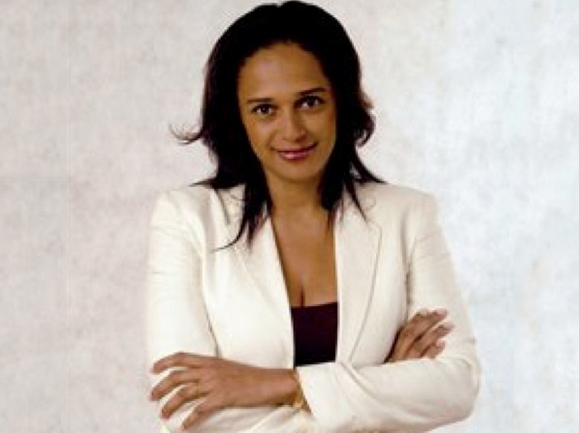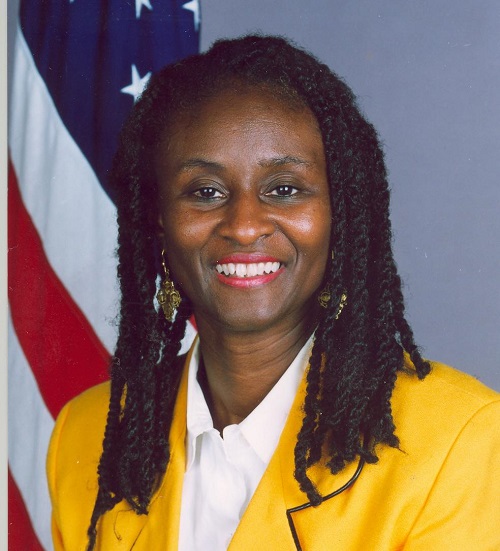 Vconnect with an initial capital of $63,000 amassed a database of 700,000 business listings in a market where naspers’ mocality shutdown
Vconnect with an initial capital of $63,000 amassed a database of 700,000 business listings in a market where naspers’ mocality shutdown

Deepankar Rustagi
Deepankar Rustagi is an entrepreneur of Indian descent, but loves to be called a Nigerian. Deepankar has schooled and spent almost all of his thirty something years in Nigeria. In 2010, while working as a sales lead for Indomie, the largest noodle maker in the country, he raised an initial seed-fund of N10 million ($63,000) from Singapore-based investor Tolaram Group, with which he founded Vconnect Nigeria, a local search engine.
Back at his Surulere office, the Vconnect General Manager explains his rationale for the move, wearing a puzzled look: “Back then, I’d search Google for ‘Restaurants in Lagos’ and the result would take me to Portugal because there is a Lagos in Southern Portugal.”
“Lagos was not put online. If I couldn’t find restaurants, then I certainly wouldn’t have found blood banks, hospitals or fire stations.”
Despite an initial fear, Deepankar was convinced building an online database of Nigerian SMEs is viable. The business model has been proven successful in America by yelp.com which posted a 69 percent year-on-year surge in its 2013 Q2 earnings at $55 million. The business model also has testimonies in several developed countries but a massive current and accurate data of business details is needed as resource for the model to succeed. Unfortunately, generally across Africa, countries have a massive lack of reliable data sources. The World Bank and other international development organizations have complained about the problem of making informed strategic decisions and measurable impact based on Africa’s inaccurate statistics.
Nigerian regulatory organization, Corporate Affairs Commission (CAC) keeps the database of registered privately held companies in the country but many of the 90 percent of Nigerian SMEs which fail before their fifth year still appear legally existing even after their demise. In a bid to update its data recently, CAC announced plans to delist 45,000 defaulting companies for failing to file returns since their incorporation.
According to Deepankar, another government agency, The Small and Medium Enterprise Development Agency of Nigeria (SMEDAN), says there about 17 million SMEs in the 160 million-people strong country but he had some reservations about that data: “I wouldn’t call a student selling recharge cards under a shack by the roadside an SME. What happens when the student moves and we can’t trace his address anymore?”
Vconnect wanted an unadulterated, accurate list of traceable and structured businesses, thus it resorted to carrying out its own research: by combing all local government areas in Lagos, talking to business owners, registering their details and verifying their data, quarterly. After almost 8 months, it progressed its data collation to Port Harcourt and Abuja, the cities with the next deepest internet penetration after Lagos.
“For us to resort to that gruelling process, you would know that we had reached out to every possible avenue to get a satisfying data but didn’t,” Deepankar laments.
Another obstacle, which reoccurred with many of the registered SME owners who are pre-millennial adults, was their apprehension and ignorance of the possibilities of the internet.
“I’d meet 50 year old men who owned expensive smart phones but all they did with it was to make and pick calls. We had to convince them listing their business on our online platform would expand their visibility and could increase their revenues,” Deepankar explains.
“One time, we were at a market and one of my data collectors took a picture of a store that had just been registered with us in order to upload it to the business’ profile. The suspicious store owner seized the phone and pounced on him. It ended in a public brawl. They thought we had ulterior motives for taking their pictures. I did not go out on market surveys again,” Deepankar says laughing uncontrollably.
Deepankar is funny by all imaginations. He consistently interjected our chats with jabs of wittiness. And with a sheepish smile gracing he’s bubbly demeanour, he says Vconnect’s reception has improved and its board members are getting really excited. Three years after inception, the information service company’s no fee charge for online listing has made 700,000 business owners willing to try its service. Results have converted 1,500 of them to loyal monthly subscribers, with premium packages. At this point, I inquire of this Indian-Nigerian how his start-up outlasted its former competitor, Mocality, the Naspers-backed directory giant which shutdown its Nigerian operations because of unforeseeable near-term profits.
“I think they didn’t know the terrain so well so they couldn’t get sufficient data. They had around 100,000 businesses listed. When there is no data you can’t generate revenue. Also, I don’t think they were patient enough. This is a fresh market. We knew we were not going to make a penny in the first year. We simply ignored massively expensive marketing and focused on gathering data. It’s alright if e-commerce players have massive marketing budgets at their early stages because they have the goods to sell but for a data company without sufficient data to market, its suicidal.”
Deepankar shares a major percentage of Vconnect’s searches come via mobile. According to him, boutiques constitute the largest searches on its online directory; a statement corroborated by Jumia MD, Tunde Kehinde, in an interview earlier in the year in which he said clothes make up the largest portion of the Jumia’s orders.
Vconnect isn’t a multi-million dollar company yet but it is well on its way there. According to the CEO, with a growing database of over 2,000 daily SME entry, the internet start-up holds massive potentials and is expected to break even by the end of the year.


